|
|
This is what the LORD says: “A cry is heard in Ramah— deep anguish and bitter weeping. Rachel weeps for her children, refusing to be comforted— for her children are gone.” Jeremiah 31:15 (NLT)
Hot tears stung her eyes as she looked at the calendar. Six years ago today, and this year was no different from the rest. First she remembered her friends’ counsel: “This is not the right time—you need to finish college.” “You have to think of what’s best for you.” “It’s no big deal, really.” “This is the only answer.”
Then there were the familiar questions that she asked no one but herself: Would I have had a son or a daughter in kindergarten? What color would his eyes be? Would she have my curly hair? What books would he like? How would her voice sound?
Jeremiah 31:15 refers to two groups of women in Israel’s history who mourned the loss of their children. Jeremiah originally uttered the prophecy to describe mothers whose children were carried off into captivity. Later, Matthew used the words to depict the grief-stricken mothers in the Bethlehem area whose sons age two or younger were slaughtered by Herod’s soldiers (Matthew 2:13-18). It’s hard to imagine the deafening wails as women clutched the lifeless bodies of their baby boys, struck down so suddenly.
In our own nation, countless women mourn the loss of their children—often in silence—as a result of what may be the most controversial decision ever handed down by the U.S. Supreme Court. Prior to 1973, the issue of abortion had been left up to individual state legislatures. Thirty-three states had laws to protect life from the time of conception. The Supreme Court ruled that laws against abortion violated a woman’s right to privacy. The outcome of Roe v. Wade legalized abortion in all 50 states.
Modern technology has shed new light on the issue of abortion. DNA evidence and breathtaking photos of life in the womb have shattered the validity of the Supreme Court’s statement that prior to birth there is no “personhood.” Medical professionals have identified a range of symptoms in women who suffer from post-abortion syndrome, including insomnia, eating disorders, alcohol and drug addictions, severe depression, and suicide attempts.
We are surrounded by countless wounded women and men who have fallen for the lie that abortion is the solution to an unplanned pregnancy. Their only hope for healing is found at the cross, where Jesus suffered and died so that we could be made whole. However deep our secret pain, we can come to Jesus knowing that he was wounded so we can be restored.
He heals the brokenhearted and bandages their wounds. Psalm 147:3 (NLT)

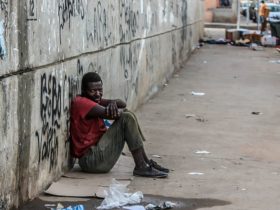




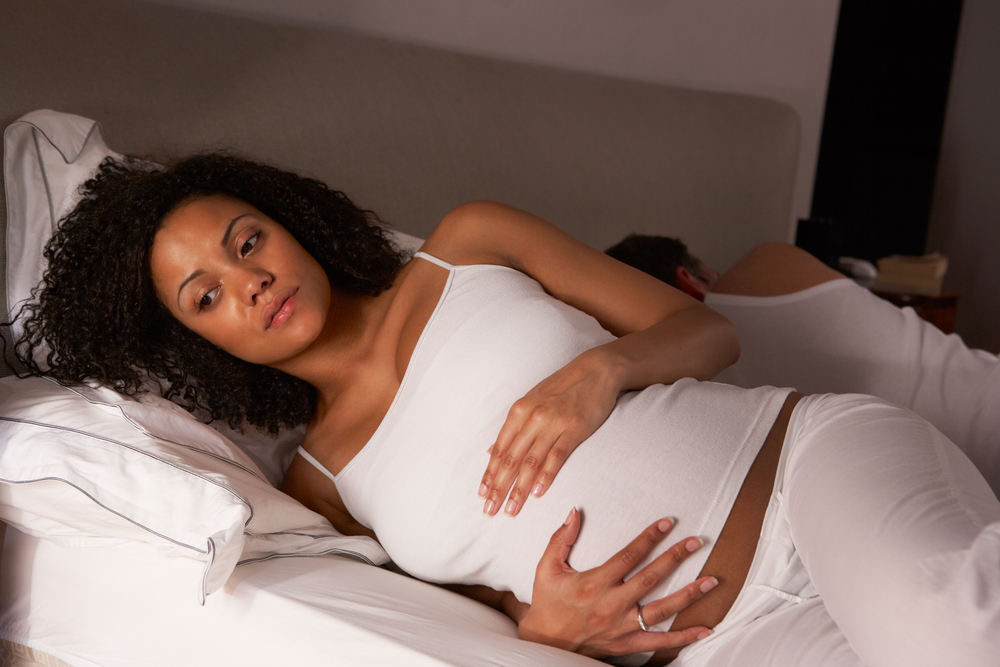


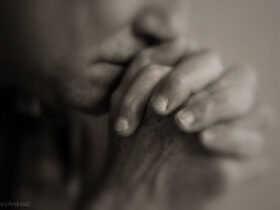




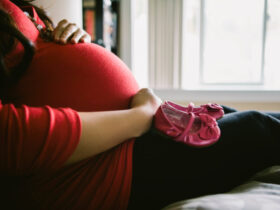

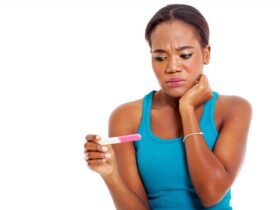
Leave a Reply